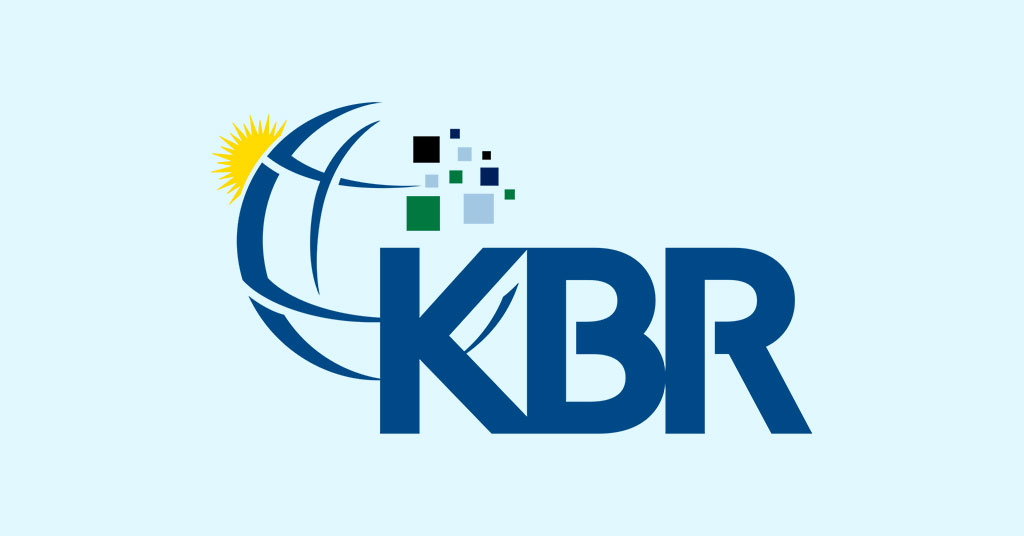Welcome To ChemAnalyst

Hanwha Impact Corporation has chosen KBR, a US-based engineering firm, to supply its innovative H2ACT technology for the construction of a commercial ammonia cracking unit in Daesan, South Korea. This project, established under a license and engineering design contract, represents a significant step towards advancing sustainable hydrogen utilization in the region.
KBR's H2ACT technology will play a pivotal role in the ammonia cracking unit, converting ammonia into hydrogen for use in a forthcoming power plant. The unit has ambitious goals, aiming to produce over 200 tonnes of clean hydrogen daily, making it a substantial contributor to South Korea's efforts in achieving large-scale sustainable hydrogen utilization.
This development follows a notable achievement earlier in 2023 when PSM, Thomassen Energy, and Hanwha Power Systems successfully operated a gas turbine with a blend of 60% hydrogen at a power plant in Daesan. This power plant is a collaborative effort between Hanwha and TotalEnergies. Doug Kelly, President of Technology at KBR, expressed the company's pride in being chosen for this flagship project, emphasizing its potential to accelerate Hanwha's decarbonization goals and contribute significantly to South Korea's national sustainability objectives.
KBR's involvement in hydrogen-related projects extends far beyond this partnership with Hanwha Impact Corporation. The company has established itself as a leading player in the global hydrogen sector, with engagements in various high-profile projects. One such example is its collaboration with bp on hydrogen initiatives. Additionally, KBR is actively contributing to Chemours' $200 million expansion plans and Avina Clean Hydrogen's ambitious 2,200-tonne-per-day green ammonia project.
The ammonia cracking unit to be established in Daesan, South Korea, is expected to be a significant milestone in the country's journey towards sustainable hydrogen utilization. Hydrogen is increasingly recognized as a versatile and clean energy carrier with the potential to revolutionize various industries, including transportation, power generation, and manufacturing. South Korea, like many nations, is actively exploring ways to harness the power of hydrogen to reduce greenhouse gas emissions and combat climate change.
KBR's H2ACT technology is a crucial component of this endeavor. By efficiently converting ammonia into hydrogen, this technology enables the production of clean and sustainable energy on a large scale. The project's goal of generating over 200 tonnes of clean hydrogen per day demonstrates the ambition and commitment of both KBR and Hanwha Impact Corporation to drive meaningful change in the energy landscape.
The successful operation of a gas turbine with a 60% hydrogen blend at the Daesan power plant earlier this year marked a significant achievement in the journey towards clean energy. This achievement not only showcased the feasibility of hydrogen utilization but also highlighted the collaborative efforts of industry leaders like PSM, Thomassen Energy, Hanwha Power Systems, and TotalEnergies.
KBR's involvement in this project is a testament to its expertise and leadership in hydrogen-related initiatives. The company's track record in delivering innovative solutions for a cleaner, more sustainable future has earned it recognition and partnerships with global giants such as bp, Chemours, and Avina Clean Hydrogen.
As nations around the world intensify their efforts to combat climate change, the importance of hydrogen as a clean and versatile energy carrier continues to grow. Projects like the one in Daesan, South Korea, demonstrate the practical applications of hydrogen technology in transitioning towards a greener energy landscape.
We use cookies to deliver the best possible experience on our website. To learn more, visit our Privacy Policy. By continuing to use this site or by closing this box, you consent to our use of cookies. More info.
